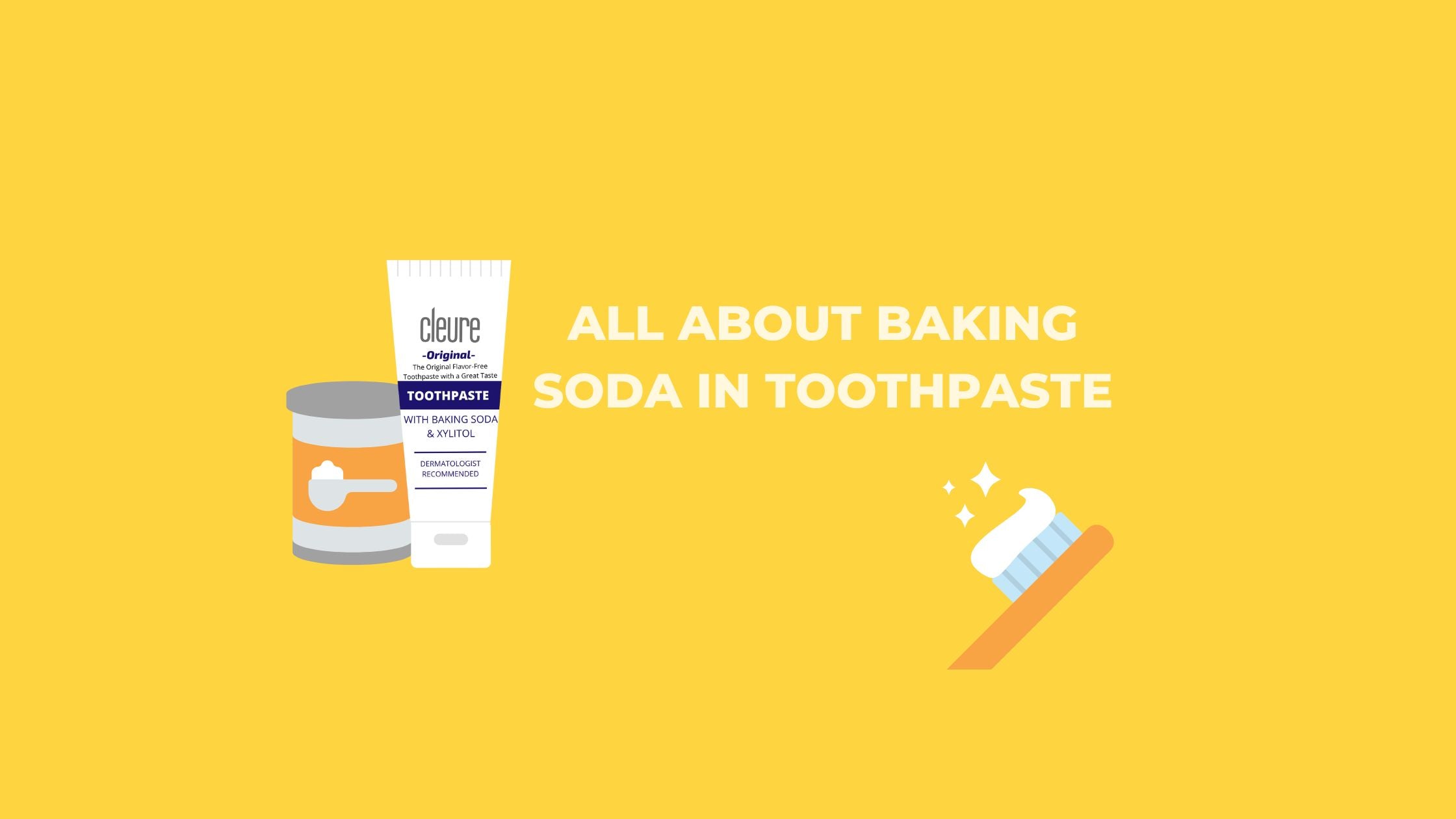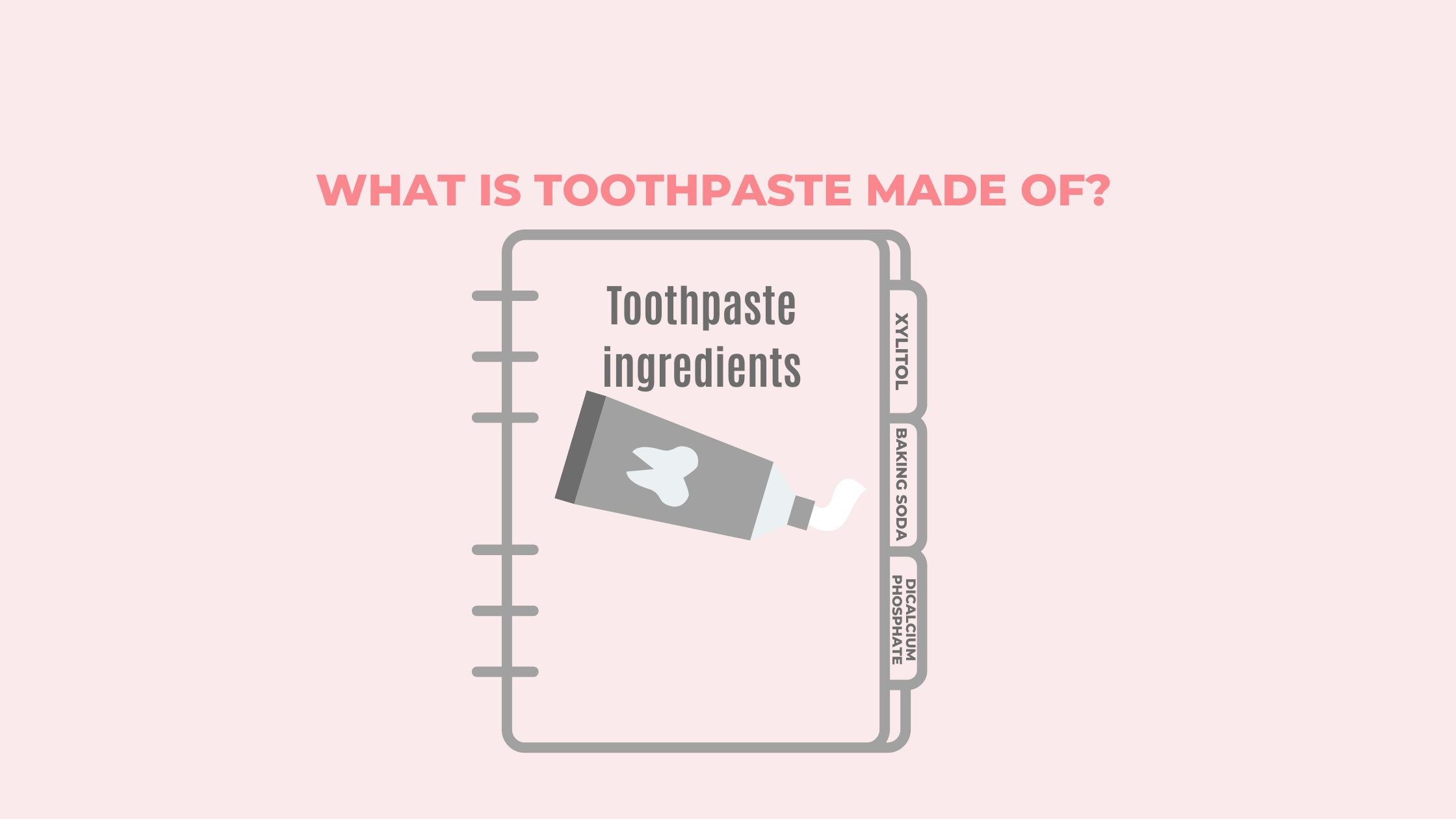
All About Baking Soda in Toothpaste
Baking soda, sodium bicarbonate or bicarbonate of soda, is found in some toothpaste while having many other uses, including for baking.
Baking soda in toothpaste has had a long history since the early 1900s for brushing the teeth. It was known to be effective and used by itself. Many brands of toothpaste market it today as an ingredient in the paste.
If you've wondered if there are benefits, or if you should even brush with it, read on to learn all the pros and cons of brushing with baking soda.
Is baking soda good for your teeth?
Baking soda to clean teeth is good because it removes surface stains. If there are stains on teeth, bacteria tend to thrive on the rough surfaces. Eventually, stains are hard to brush away, and may end up as tartar, the hard deposit your dental hygienist removes with a dental instrument.
Toothpaste that contains baking soda are reported to have antibacterial properties. This is beneficial towards helping to prevent tooth decay.
Fluoride and xylitol have more tooth decay prevention properties, but baking soda is an effective cleaning agent and therefore, good for your teeth.
Pros of brushing with your teeth with baking soda
There are several advantages for using baking soda for brushing your teeth:
Can reduce gingivitis and cavities
The main cause of cavities and gum inflammation (gingivitis) is plaque. Plaque can eventually lead to tooth loss.
Plaque is a sticky film that forms on teeth and gums. Known as a dental biofilm, colonies of bacteria attach to the surface of teeth through plaque.
The bacteria in plaque produce acids using food your eat or drink. The acid can destroy tooth enamel and cause gum disease.
You can develop and promote more plaque by:
- Eating a lot of sugary, starchy foods or drinks
- Having dry mouth
- Using tobacco products
- Poor oral hygiene
If plaque is not removed properly and thoroughly within 24 hours, the bacteria in the biofilm can eventually result in gingivitis and cavities.
Baking soda does not prevent cavities the same as fluoride or xylitol, however, it does remove surface stains and helps increase pH in the mouth.
Reduces acid in the mouth
Bacteria love an acid environment in the mouth, as it allows them to multiply. Studies have reported baking soda increases the pH in your mouth, making it less acidic. As a result, bacteria find it hard to thrive and multiply.
Acid tends to demineralize enamel. Demineralization is a process that removes calcium from the tooth surface. Baking soda protects against this chemical process.
Starchy, sugary foods lower the pH level in the mouth, creating an acid environment bacteria love. Baking soda has a high pH, and helps balance the level in the mouth, preventing demineralization.
Removes stains making your teeth whiter
Baking soda can whiten teeth by removing surface stain on your teeth. Baking soda cannot result in teeth whitening as effectively as professional products, but its ability to remove stains, does leave a brighter smile.
Disadvantages of brushing with baking soda
Doesn't taste good
There is a salty taste to natural baking soda that makes it unpleasant. If you choose to use it by itself, you could either make a paste with food flavoring or a drop or 2 of peppermint oil to help improve the taste.
The other option is to use a commercially formulated baking soda toothpaste with flavors.
Unpleasant gritty texture
Brushing with baking soda by itself, may give you the feel of brushing with sand. This can be abrasive, but it is how it helps remove surface stains.
You may find the gritty feel unpleasant. The only way not to experience it, is to use a commercial toothpaste with baking soda.
Need to remake daily
Homemade toothpaste will grow mold if not used within a few days and not refrigerated.
Other ingredients such as essential oils, lemon juice, apple cider vinegar, or tea tree oil are recommended by some people to add to homemade toothpaste. These may cause side effects, including sensitive teeth.
How to make your own baking soda toothpaste
- Mix equal parts of baking soda and water to make a paste, in a small container.
- Using a soft toothbrush, gently brush your gums and every side of every tooth.
- Run your brush on your tongue as well, to clean it.
- Take your time and continue brushing for about a minute.
- Rinse thoroughly until the gritty feel is removed from your teeth.
Recommended commercial toothpaste with baking soda
Cleure Baking Soda Toothpaste cleans without being too abrasive. University tested and proven with just the right percentage of baking soda, it helps remove stains for whiter, brighter teeth. Added benefits of xylitol help with dry mouth, gum disease and tooth decay.



Leave a comment
This site is protected by hCaptcha and the hCaptcha Privacy Policy and Terms of Service apply.